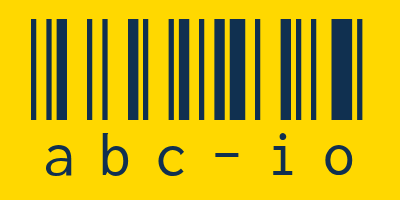Wikipedia on Monday laid out a simple plan to ensure its website continues to be supported in the AI era, despite its declining traffic.
In a blog post, the Wikimedia Foundation, the organization that runs the popular online encyclopedia, called on AI developers to use its content “responsibly” by ensuring its contributions are properly attributed and that content is accessed through its paid product, the Wikimedia Enterprise platform.
The opt-in, paid product allows companies to use Wikipedia’s content at scale without “severely taxing Wikipedia’s servers,” the Wikimedia Foundation blog post explains. In addition, the product’s paid nature allows AI companies to support the organization’s nonprofit mission.
While the post doesn’t go so far as to threaten penalties or any sort of legal action for use of its material through scraping, Wikipedia recently noted that AI bots had been scraping its website while trying to appear human. After updating its bot detection systems, the organization found that its unusually high traffic in May and June had come from AI bots that were trying to “evade detection.” Meanwhile, it said that “human page views” had declined 8% year-over-year.
Now, Wikipedia is laying out its guidelines for AI developers and providers, saying that generative AI developers should provide attribution to give credit to the human contributors whose content it uses to create its outputs.
“For people to trust information shared on the internet, platforms should make it clear where the information is sourced from and elevate opportunities to visit and participate in those sources,” the post reads. “With fewer visits to Wikipedia, fewer volunteers may grow and enrich the content, and fewer individual donors may support this work.”
Earlier this year, the organization released its AI strategy for editors, which said it would use AI to help editors with workflows around tedious tasks, automating translation, and other tools that help its editors, not replace them.











Add Comment